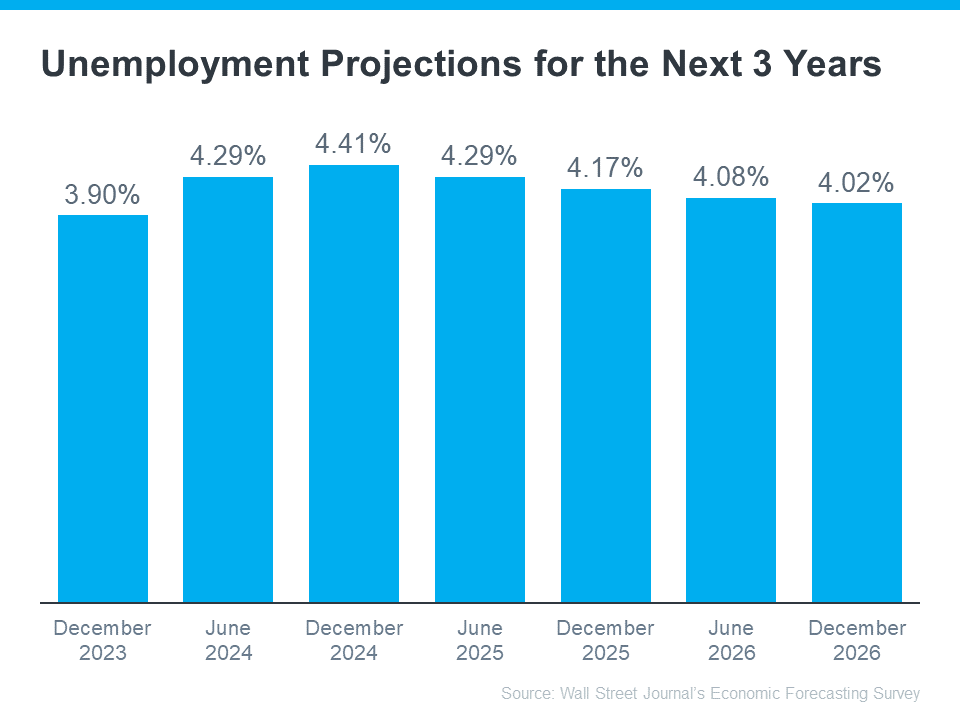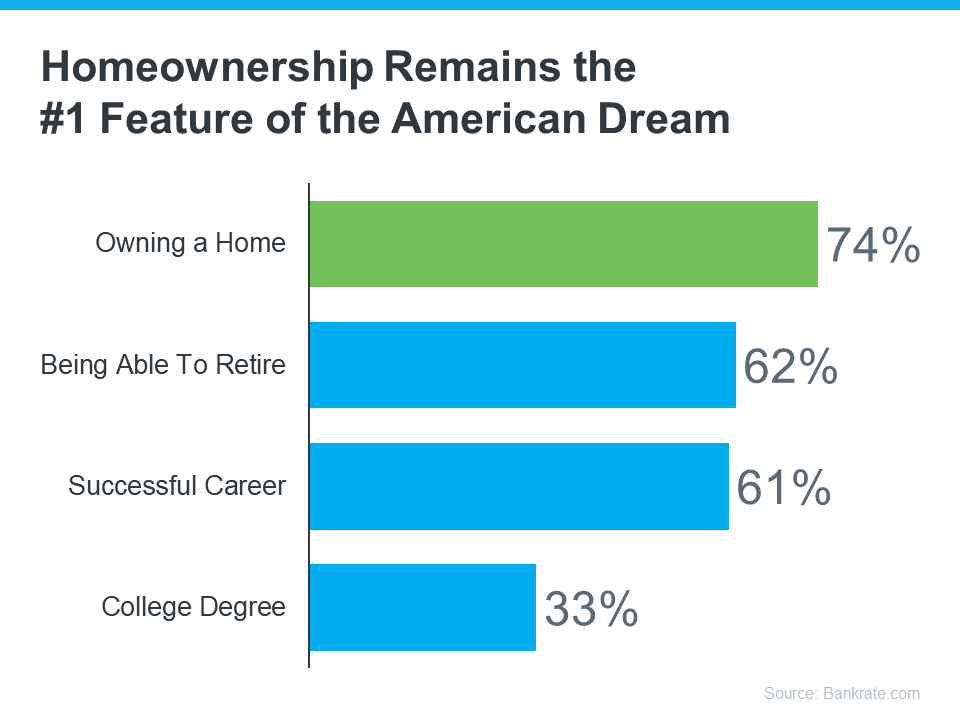
Here are a few Best Budget Tips to help you plan along the way.
It is intimidating to know how much you should save when it comes to buying a home. But you should know, you’re not expected to have all the answers yourself. Many trusted professionals can help you understand your finances and what you need to budget for throughout the process.
1. Down Payment

You may already have this in mind. But many people believe you need to set aside 20% of the purchase price first. That is not always the case. As the National Association of Realtor say:
“One of the biggest misconceptions among housing consumers is what the typical down payment is and what amount is needed to enter homeownership. Having this knowledge is critical to know what to save . . .”
In some situations, you may even be able to put up as little as 3.5% (or even 0%) down. It is recommended to partner with a trusted professional who can go over various loan types, assistance programs, and what each one requires.
2. Earnest Money Deposit

Another item you may want to plan for is an earnest money deposit. While it isn’t required, it’s common in today’s market because your offer can help stand out in a bid war.
So, what is it? It’s money paid as show of good faith. You use some of your saved money for purchase to show the seller you’re commitment and serious about purchasing their house. How it works as explained by First American:
“The deposit made from the buyer to the seller when submitting an offer. This deposit is typically held in trust by a third party and is intended to show the seller you are serious about purchasing their home. Upon closing the money will generally be applied to your down payment or closing costs.”
Earnest money deposit is one of the best budget tips as it helps increase your chances of securing your purchase.
3. Closing Costs

Our third expert best budget tips is Closing Costs. Because of it’s importance in paying-off your mortgage, it is good to know what Closing Costs means. The Federal Trade Comission (FTC) defines:
“The upfront fees charged in connection with a mortgage loan transaction. …generally including, but not limited to a loan origination fee, title examination and insurance, survey, attorney’s fee, and prepaid items, such as escrow deposits for taxes and insurance.”
Basically, these costs cover the fees of various people and services involved in your transaction. Experienced buyers plan ahead for these expenses because they want to achieve smooth transactions in the future.
Key Takeaway
First, know what to budget in the process of homebuying. Second, ensure you that you understand these and any other expenses along the way. Finally, connect with a reliable team that can assist and support you in the process of buying your future home.


